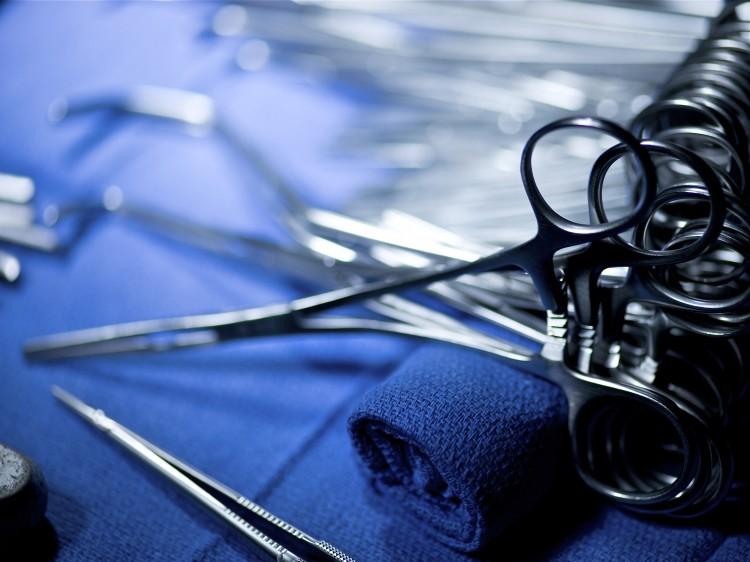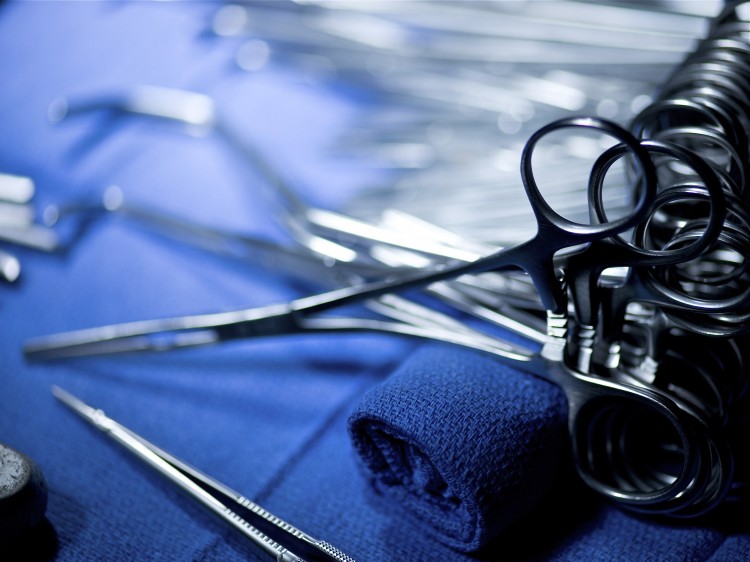The Chinese Communist Party (CCP) has indirectly admitted that a large-scale black market and network for live organ harvesting exists in China, according to a report in the state-run media Beijing Times on Aug. 4.
The report says that Chinese police have arrested 28 gangs involved with removing organs from living victims and selling them to patients via hospitals. This is the first time Beijing has officially acknowledged the existence of live organ harvesting in China since it was publicized in 2006. At that time The Epoch Times reported that prison camp and hospitals in Liaoning Province were trafficking in organs from detained practitioners of Falun Gong.
China’s Ministry of Public Security (MPS) said there were 127 individuals and 18 doctors involved, representing 18 organizations, in the recent network. The groups incarcerated their victims, then contacted hospitals to match tissues with patients awaiting transplants before doctors removed organs from the victims, according to the report.
The report said the network spread across 18 provinces and cities, including Beijing, Hebei, Anhui, Shandong, Henan, and Shaanxi. A typical example was given of a young man’s kidney being sold for 35,000 yuan (US$5,500) for which a patient would eventually pay as much as 200,000 yuan (US$31,000).






